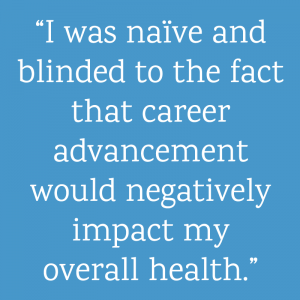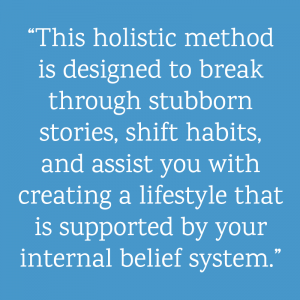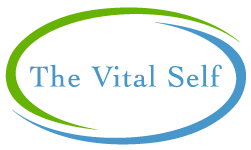 My nursing career started at the Hospital of the University of Pennsylvania a few decades ago. As a young nurse, I was immediately drawn to the mysterious and complex environment inside the operating rooms. I envisioned myself in this setting, participating in the surgical care of the patients, and learning new skills that far surpassed my fundamental nursing education. Working in this unique environment demanded a new skill set that I was unknowingly and unprepared to fully embrace. After years of clinical nursing experience, I transitioned into nursing leadership roles.
My nursing career started at the Hospital of the University of Pennsylvania a few decades ago. As a young nurse, I was immediately drawn to the mysterious and complex environment inside the operating rooms. I envisioned myself in this setting, participating in the surgical care of the patients, and learning new skills that far surpassed my fundamental nursing education. Working in this unique environment demanded a new skill set that I was unknowingly and unprepared to fully embrace. After years of clinical nursing experience, I transitioned into nursing leadership roles.
The economic challenges within the surgical department creates a dynamic and competitive arena. I quickly recognized that I needed a different knowledge base geared toward the business and financial practices in healthcare. Nurse leaders function as decision makers and are responsible for allocating and deploying limited resources. Competing funds are in play and the critical demand for professional talent, education, technology, and capital funds for maintenance and growth are difficult decision points.  To develop my financial acumen, my next step was a graduate degree in nonprofit management. This business education coupled with my clinical nursing background enhanced my career advancement.
To develop my financial acumen, my next step was a graduate degree in nonprofit management. This business education coupled with my clinical nursing background enhanced my career advancement.
From here, this is where my real story begins. I was naïve and blinded to the fact that career advancement would negatively impact my overall health. Reluctant to ask for help, I tried to improve my health through yoga retreats, wellness conferences, spa visits, message therapy, hiking, and travel. The healing was temporary and my self-care practices were not sustainable.
On this journey,  I realized the impact of stress on the human experience. Through research and study, I observed how the principles of Mind-Body Medicine address the universal humanistic needs and promote sustainable self-care practices. For me, it was evident that working in the conventional medical model of surgery built on the separation of mind and body was in contrast to the ancient principles of alternative healing modalities. I acknowledged that trying to achieve balance between the conventional surgical model and the ancient healing practices created a new kind of tension.
I realized the impact of stress on the human experience. Through research and study, I observed how the principles of Mind-Body Medicine address the universal humanistic needs and promote sustainable self-care practices. For me, it was evident that working in the conventional medical model of surgery built on the separation of mind and body was in contrast to the ancient principles of alternative healing modalities. I acknowledged that trying to achieve balance between the conventional surgical model and the ancient healing practices created a new kind of tension.
Through the narrative inquiry process, I focused my research on leaders to understand how their roles influence their self-care. In this process, I realized that my experience was not uncommon. We created a community in which to share stories and promote healthy pathways to manage stress and enhance self-care. As a result, I integrated my professional experience, education, and self-discovery into a deeply personalized coaching experience. This holistic method is designed to break through stubborn stories, shift habits, and assist you with creating a lifestyle that is supported by your internal belief system.
I focused my research on leaders to understand how their roles influence their self-care. In this process, I realized that my experience was not uncommon. We created a community in which to share stories and promote healthy pathways to manage stress and enhance self-care. As a result, I integrated my professional experience, education, and self-discovery into a deeply personalized coaching experience. This holistic method is designed to break through stubborn stories, shift habits, and assist you with creating a lifestyle that is supported by your internal belief system.
and Professional
Experiences
